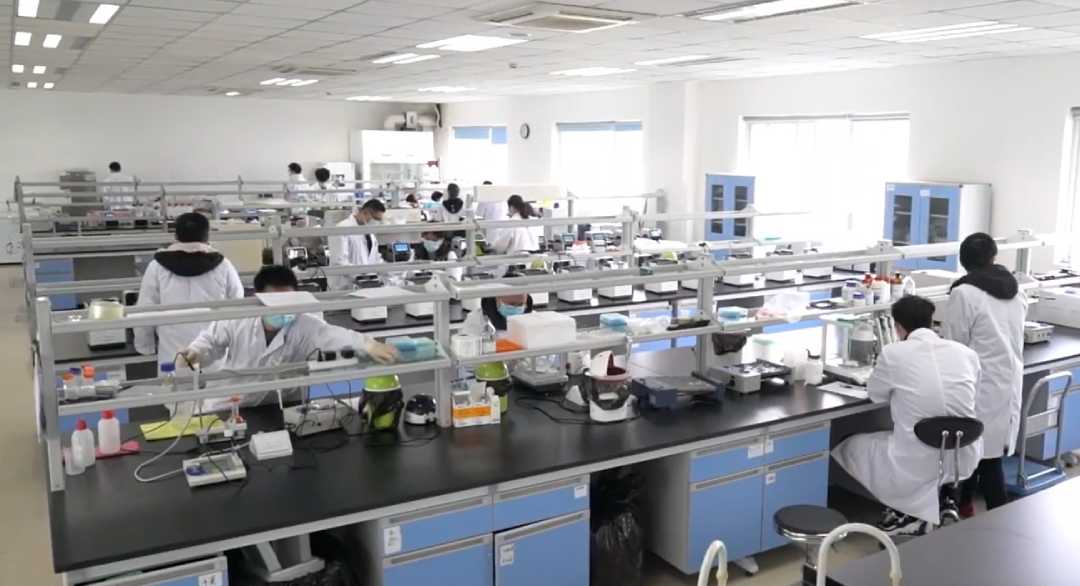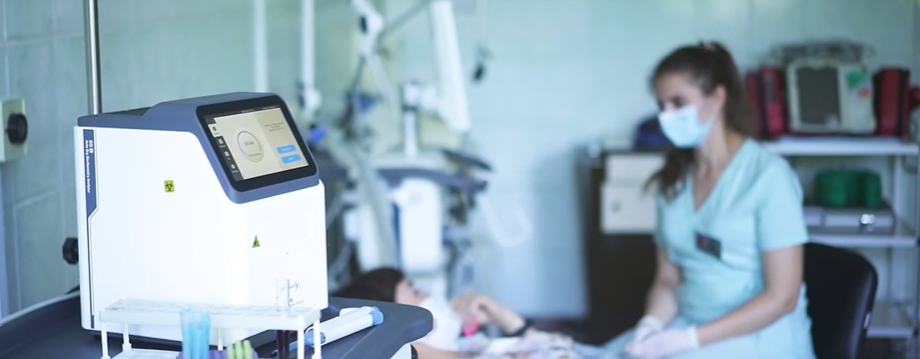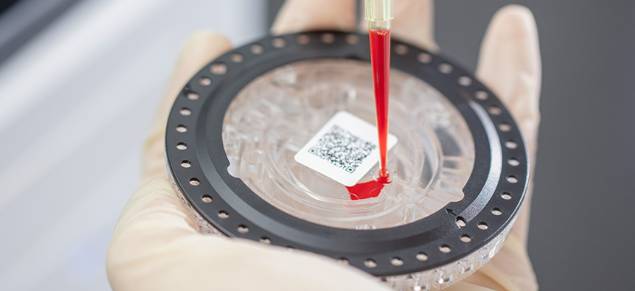Some of the current POCT biochemistry analyzers have not only solved the problem of speed. The accuracy of the instrument has also been greatly improved. Some biochemistry analyzers can even compete with large instruments.
However, such instruments are not necessarily suitable for every hospital. So, for a clinical department, how to choose a suitable POCT biochemistry analyzer in the complex POCT market at home and abroad?
-
1. According to the detection principle of the instrument selection. Preferred chemiluminescence analysis method. Chemiluminescence assay is currently the most reliable immunoassay recognized results in laboratory science.
-
2. From the number of channels to consider, four channels or more preferred.Single channel requires the configuration of two or more biochemical analyzers, the more the better. Otherwise, sometimes the patient or sample will wait too long.
-
3. Operation must be simple. It is best to complete in 3 steps. Take a sample, add a sample, and load the machine for testing. More than three steps is not suitable for non-testing professionals to operate.
-
4. From the reagent form, the priority is to choose the cold chain transport. Those that are stored in room temperature transport may be at the expense of accuracy.
-
5. For troponin, try to choose the one that can do ultrasensitization. The physician should use the least amount of tests and treatments for the patient.
-
6. Biochemistry analyzer preferably supports whole blood operation.
-
7. The price of the reagent should also be considered. The price can fluctuate up and down according to the quality and cost. 8.8. preferably single reagent tray. Try not to choose bottled reagents. Reagents are not used once or twice, easy to waste.
-
8. Preferably single reagent tray. Try not to choose bottled reagents. Reagents are not used once or twice, easy to waste. 9.9. Biochemical machines are best without liquid circuit. So that the machine is less susceptible to corrosion, but also easy to maintain.
-
10. Biochemistry analyzer must have a complete quality control and calibration system. Monitor the instrument and reagents at any time there is no failure to ensure accurate results!

No matter what brand of biochemical analyzer, before the official use, should be compared with the large instruments in the laboratory. Try to avoid the waste of medical resources, and even bring unnecessary trouble to doctors and patients.



